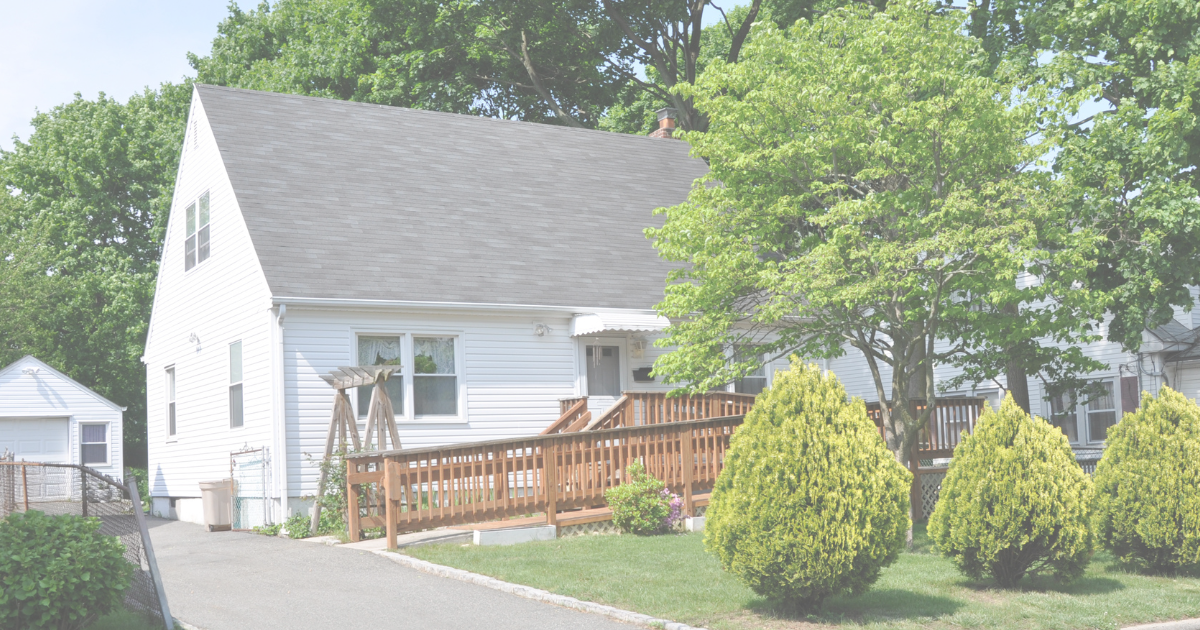Lesson Learning: Asking for Help
I don’t know about you, but I find it really hard to ask for help. I’ve spent a long time priding myself on being self-sufficient. But deeper than that, when I’m stressed or overburdened, I go into isolation. I understand (thank you, years of therapy) that this was a learned skill developed over years to protect myself, but this coping mechanism doesn’t actually serve me well anymore.
During my daughter’s NICU stay after her premature birth, I coped with the trauma of that situation by blocking everyone out. I only spoke to my husband and hospital staff in charge of my daughter’s care. I asked my husband to keep our loved ones up to date on our daughter’s progress, and he did so faithfully, fielding all phone calls and text messages from friends and family. I felt like in order to get through the hardest thing I’d ever faced, I had to go into my protective shell like a little frightened turtle.
I just couldn’t face them; I couldn’t talk about it. In retrospect, I guess I didn’t feel comfortable being vulnerable with anyone. I didn’t feel comfortable showing how much I was struggling. The people in my life know me as a tough, resilient, muscle-through-anything type of person. How could I show them how weak I was? How could I let them know I was crumbling under the weight of this experience?
Once my daughter came home from the hospital, and it became clear I was struggling with postpartum anxiety (PPA) and depression (PPD), I realized I had to let people in if I was going to survive. It started with crying in my parents’ arms; with therapy sessions, in which I shared my feelings with my trusted counselor; with reliving the experience out loud with my birth doula, then my sister, then my best friend.
I noticed that the more I said how I was feeling out loud to other people, the less anxious I felt. When I asked for help, they didn’t see me as weak or as a failure—they saw me as someone who needed help. And they helped.
Sometimes help looked like delivering groceries or meals to our house. Sometimes help looked like holding my baby so I could get some rest or pump. Sometimes help looked like doing laundry and folding clothes. Sometimes help looked like just being in the house with me because I felt anxiety about being home alone with my baby.
Soon, my daily life didn’t feel so insurmountable. That shift came from asking for help—and getting it.
There are times when I still find myself falling back into that tendency of trying to do everything myself and not asking for help—that’s why this post is called lesson learning rather than lesson learned. Am I asking too much? Am I being too needy? Shouldn’t I be able to do this on my own?
However, I’ve learned that a lot of people are willing to help but don’t necessarily want to offer—or don’t know how. If I ask, especially if I ask for something specific, I’m pleasantly surprised by how willing people are to lend a hand. I am much more aware of how much better I feel when I let people in—when I let them help me.
If you’re reading this as the do-it-all person in your family, I share with you this lesson I’m learning, and I hope you’ll try embracing it, too. If you’re overwhelmed, find the compassion for yourself and the trust in others to reach out and ask for help. We’re not made to do this life alone. You are not a failure for needing help.










